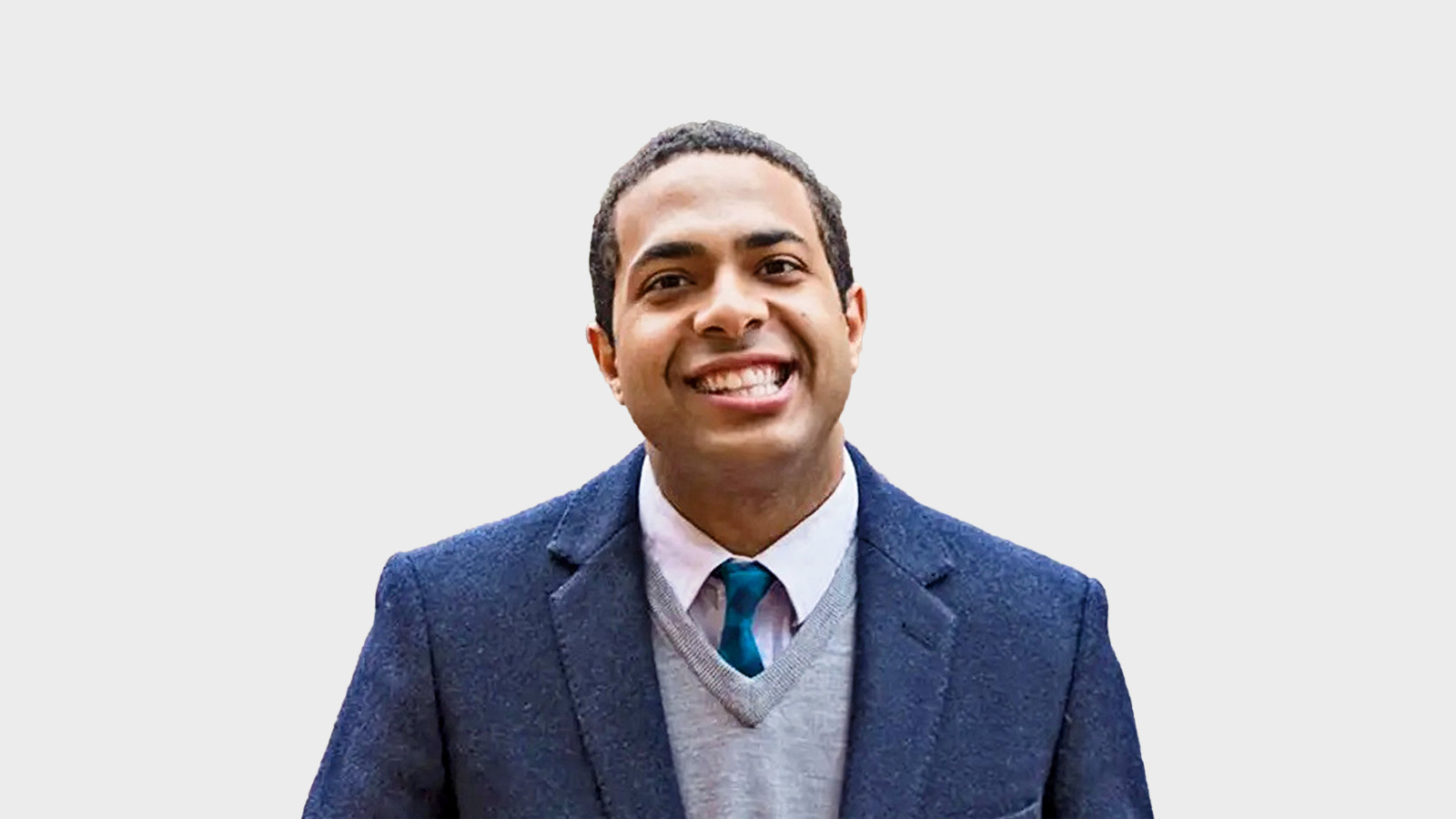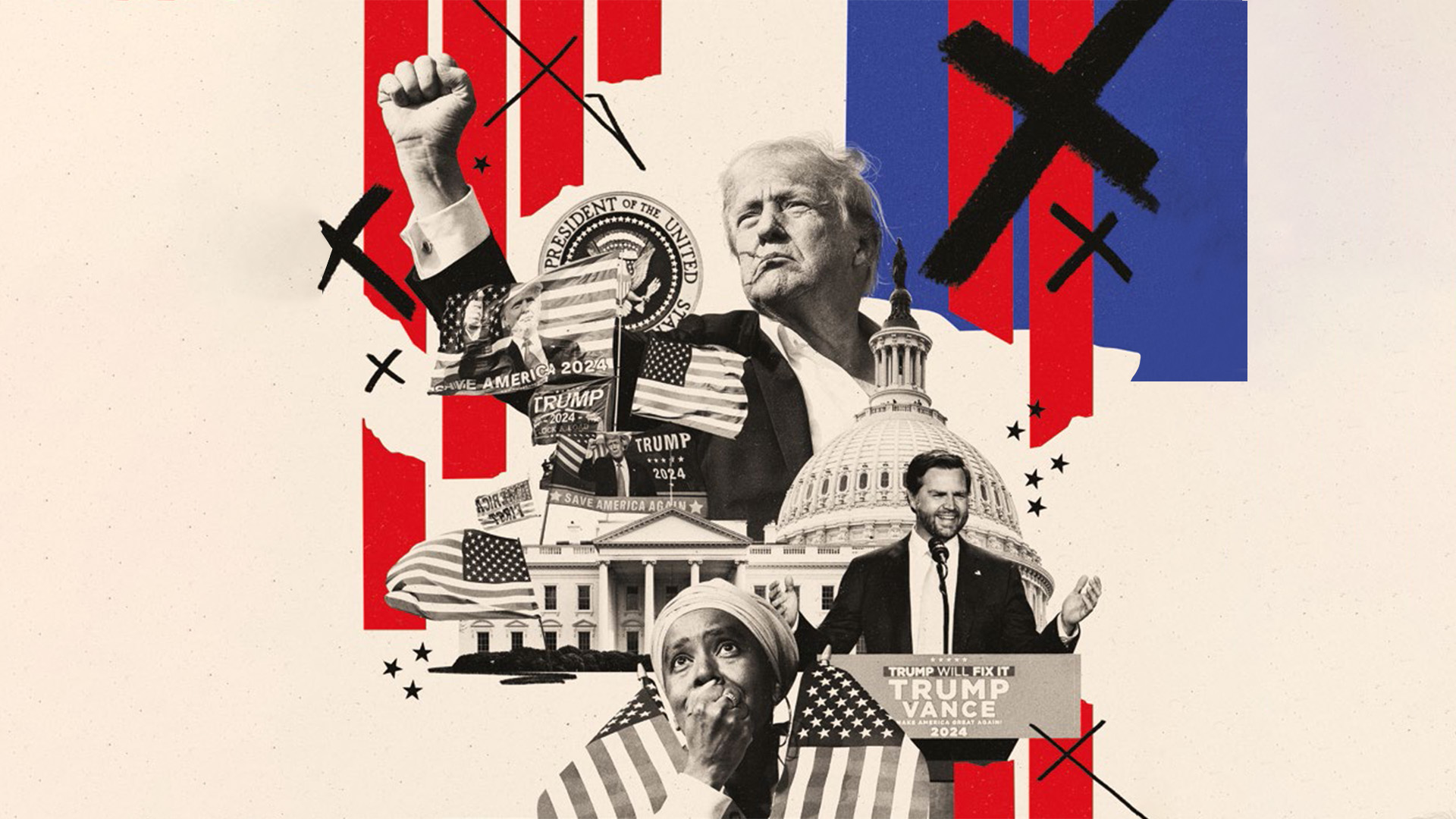The United States of America have had a vivid and at times a chaotic history, and the second presidency of Donald Trump is unleashing cultural and constitutional battles which will define the country for future generations. Christopher Wadibia (SE 2019), took his PhD at Selwyn and went on to a fellowship at Oxford. As an American citizen, he voted for Trump — and he explains why.

On Tuesday 5th November 2024 over 77 million Americans voted Donald J. Trump back into the White House to serve his second presidential term. I was one of these Americans. I voted for Trump for three key reasons. Firstly, Trump consistently mentioned the issues of immigration and the economy, the two issues I understood to be the most significant — and issues that countless polls revealed mattered most to Americans. The evidence was that too many people found Kamala Harris disconcertingly enigmatic on these themes. When asked about her plans to solve the immigration crisis and economic challenges confronting the American people, Harris would routinely redirect attention to irrelevant stories about her middle-class upbringing in a multiracial household. In response to these very same policy-related questions, Trump would frankly explain what I perceived to be morally challenging but pragmatically necessary solutions to these complex policy issues.
Secondly, I voted for Trump because of his willingness to stand up to what I saw as the unforgiving, anti-intellectual, and hyperemotional leftism that destroys the mental health, social joy, and spiritual wellbeing of millions of Americans. Let me be clear: I am against all forms of extremism, liberal or conservative. As a moderate Conservative (in the American political sense) more loyal to my values than any political party, I will happily vote a Democrat or Republican into the White House to serve as the president and commander-in-chief. However, it seemed to millions of voters that the Democratic Party of Kamala Harris was far more preoccupied with advocating for biological men to play in the sports of biological women (a highly emotive issue I felt distracted voters from other more broadly impactful issues like immigration, the economy, or protecting the environment) than with devising responses to more mainstream issues negatively affecting Americans. The poorly ordered values of Kamala Harris and the Democratic Party made voting for Trump, whose policy platform prioritised issues the majority of Americans saw as significant, an easy choice.
Donald Trump takes the oath of office in the Rotunda of the U.S. Capitol on January 20, 2025 in Washington, DC
I am no Trumpist and I look forward to the post-Trump future of the Republican Party. However, in an American electoral system which often gives voters the option to choose between the lesser of two evils, Trump resonated with the values shaping my vision of what America should be to a much greater extent than did Harris. Here I concede that one of the weaknesses of the American political system is its conduciveness to generating messiah-politicians rather than constructing efficient, responsive government institutions. Every presidential election cycle I watch friends and family back in America speak about their preferred candidate in deifying terms suggesting they are more than flesh and bone. Their intoxication with celebrity politicians coaxes them to forget that any candidate is deeply and disappointingly human, capable of stunning successes and frustrating failures.
Thirdly, I voted for Trump because the Republican Party is far more hospitable to people of faith, especially Conservative Christians like myself, than its Democratic counterpart. The Republican embrace of Christianity, especially its Evangelical and Pentecostal forms, is obviously imperfect and fraught with political performativity. However, unlike in the Democratic Party, Christian faith and its ethical stances on policy issues are taken seriously and acknowledged as a core part of the lives of millions of Americans from the cliffs of California to the coasts of Alabama. The Republican Party has crafted for itself a public image of being the political party in America where faith is welcomed. During the 2024 American presidential campaign season, I felt that messaging at Kamala Harris rallies repeatedly mocked Christians for their faith-based political behaviour in ways that pushed them closer into the arms of Republican and MAGA (Make America Great Again) Communities eager to embrace them. The next generation of the Democratic Party would be wise to rebrand itself in ways more accommodating of the religious beliefs of millions of Americans, Christians included.

Since the start of his second term, Trump has repeatedly disappointed me. I loathed his treatment of Ukrainian President Volodymyr Zelenskyy during his White House visit on February 28th. I am deeply sceptical about Trump’s policy of imposing sweeping tariffs on China. I believe major differences exist between running a business and leading a superpower nation-state. The extraordinary economic obstacles America faces, the greatest being its national debt of over $36 trillion, will not be rectified over the course of merely a four year presidential term. The Book of Proverbs in the Bible teaches that “An inheritance hastily gained [by greedy, unjust means] at the beginning will not be blessed in the end.” My hope is that under Trump America will finally learn to embrace long-term economic planning in order to expand social mobility and generate greater wealth for current and future generations of Americans. However, I fear America has long since lost the inspiring future-oriented mentality of its founding fathers and will never recover it, whether under Trump or any other leader.

